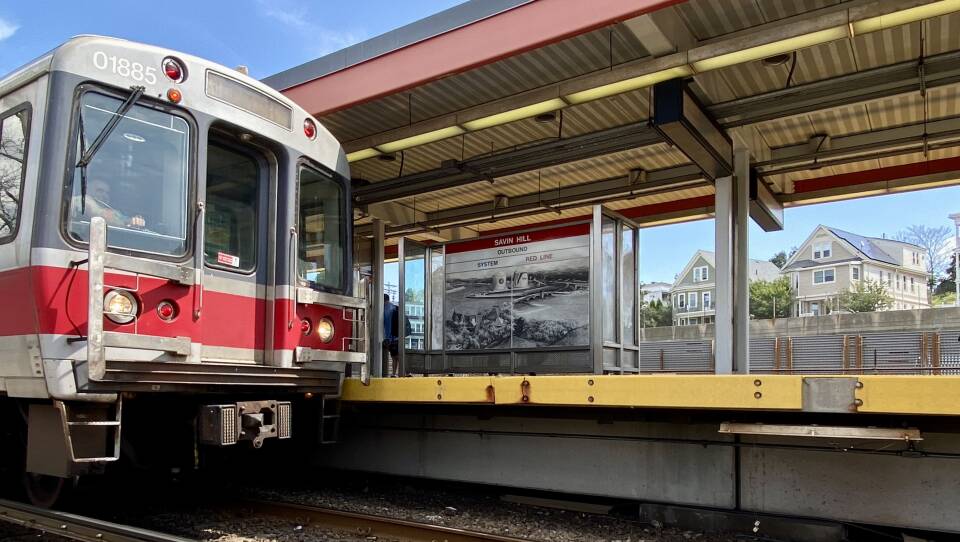The MBTA board on Thursday unanimously approved a low-income fare program, which is expected to roll out later this year.
The board's vote came after years of study and public hearings, and was buoyed by $5 million from the state budget to get off the ground.
T officials say it will take another two to six months to set up the program, which would include an online application form.
Similar to existing reduced-fare programs for students and seniors, the 50% discount would apply to eligible riders between the ages of 25 and 64. Individuals making up to $29,000 — or up to $60,000 for households of four — would be eligible to sign up for the discount.
The discount would apply to all modes of travel including subways, trolleys, buses and commuter rail. It would also apply to MBTA paratransit customers on the RIDE, cutting the price for ADA trips in half for eligible riders. "Premium" RIDE customers, who use the service for trips with an origin or destination more than three-quarters of a mile away from MBTA bus or subway service, will also benefit from the new fare policy. Language covering premium riders was added by state Transportation Secretary Monica Tibbitts-Nutt.
At today's hearing, a range of community advocates celebrated the program. Elizabeth Dean-Clower, executive board member on the Riders’ Transportation Access Group and RIDE subcommittee co-chair, said low-income fares would provide affordable access to a significant number of people with disabilities.
Boston Center for Independent Living Executive Director Bill Henning also celebrated the news.
“This initiative will support increased movement by people with disabilities in and around communities in the T’s service area, enhancing a fundamental element of independence and integration,” he said.
Mela Bush, co-chair of the Fairmount Indigo Transit Coalition and former director of the T Riders Union, said the low-income fare policy is sorely needed given the current economy.
“The low-income fare policy has come at a time of skyrocketing costs on food, housing, etc.,” Bush said. “Saving $500 a year on transportation for lower-income transit-dependent people can mean so much!”
T officials say their research shows that riders with low incomes would be expected to take 30% more trips with a reduced fare, significantly increasing mobility while saving on transportation costs.
More than 60,000 riders are expected to qualify for and enroll in the program, which is expected to result in 7 million more trips per year.
The MBTA estimates the cost of the program to be approximately $52 million to $62 million a year. That price tag includes administrative costs, operating costs to meet increased demand, and fare revenue loss.





